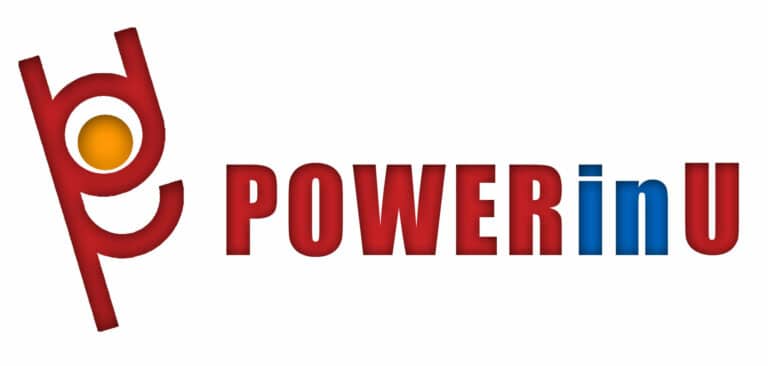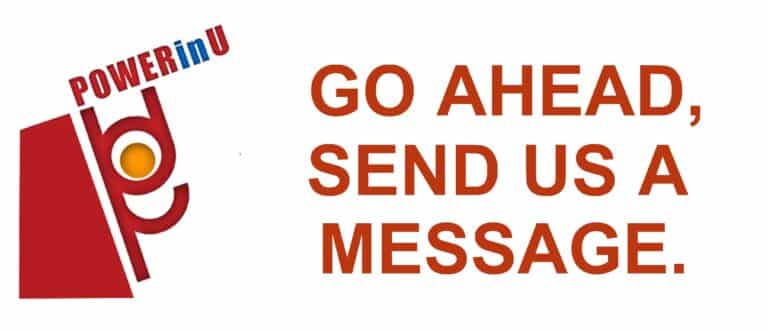Team Building still remains commonplace in HRD and OD as an integral part of improving morale and communication. However, there is one pitfall we tend to get entrapped in; unnecessary contests. Many team building events often set up contests pitting coworkers against one another, in the name of developing teamwork.
This is especially ironic as companies should want their employees to collaborate better, to work well in teams, to share knowledge and to work towards achieving success as one. When we divide the group up into teams and setup competitive games eg. tug-of-war, amazing race, the focus ends up being on competition – not cooperation.
Don’t get us wrong – we are all for healthy competition. Healthy competition involves everyone doing the best they possibly can to work towards a common goal. However, if the predominant focus is on competing and coming out on top, many participants might leave with the negative mindset that “We’re not good enough.”, while others, “I’m better than the rest.”.
Competing brings out the “dark side” in some people, causing them to get agitated, overexcited and behave in an offensive manner. Some might even go to the extent of using under handed tactics in order to win. This is not the best basis for future collaboration and developing togetherness; it would be more productive if people left the session being fond of one another and having a sense of optimism about their workplace relationships because they’d seen everyone at their best and most likeable.
Fostering collaboration is a critical factor in producing business results. On the other hand, promoting competition stifles learning and results in single-mindedness. Triumphing over one’s peers should not be the motive of any employee in the workplace.
Many team building events put greater emphasis on seeking & rewarding winners than on ensuring that people learn something that would be useful at work. This creates a notion that these events are demotivating, leading to employees becoming withdrawn or even resenting them.
Desired outcomes of a good team building event should be:
• An experience of having performed well together
• A deeper understanding between each other
• Specific knowledge that can be applied at work
• An increased desire to cooperate and help each other out
• A common consensus that the event was “time well spent.”
Developing collaboration with TotalSDI:
TotalSDI assessments connects your language and your motives to use the right strengths at the right time. This creates effective collaboration and personal responsibility. It is the most complete set of tools to help achieve the aforementioned desired outcomes. The experiential activities of a typical TotalSDI workshop will drive teams to effectively work together and take ownership of their responsibilities in order to achieve results. Experiential activities such as MVS appreciation, How I See It & the Conflict Triggers for Overdone Strengths are perfect for team building. Teams learn to productively deal with team dynamics, conflict & evoke a sense of personal responsibility. Team building based on TotalSDI helps develop a common collaborative language where each and every individual understands their colleagues at their core and productively manages their responsibilities – which in most cases is missing in your average team building event.
References
* The article above is posted with permission from PSP Singapore. Click this to know more about TotalSDI, or email us at [email protected] if you have any queries about this team building or leadership development tool.


